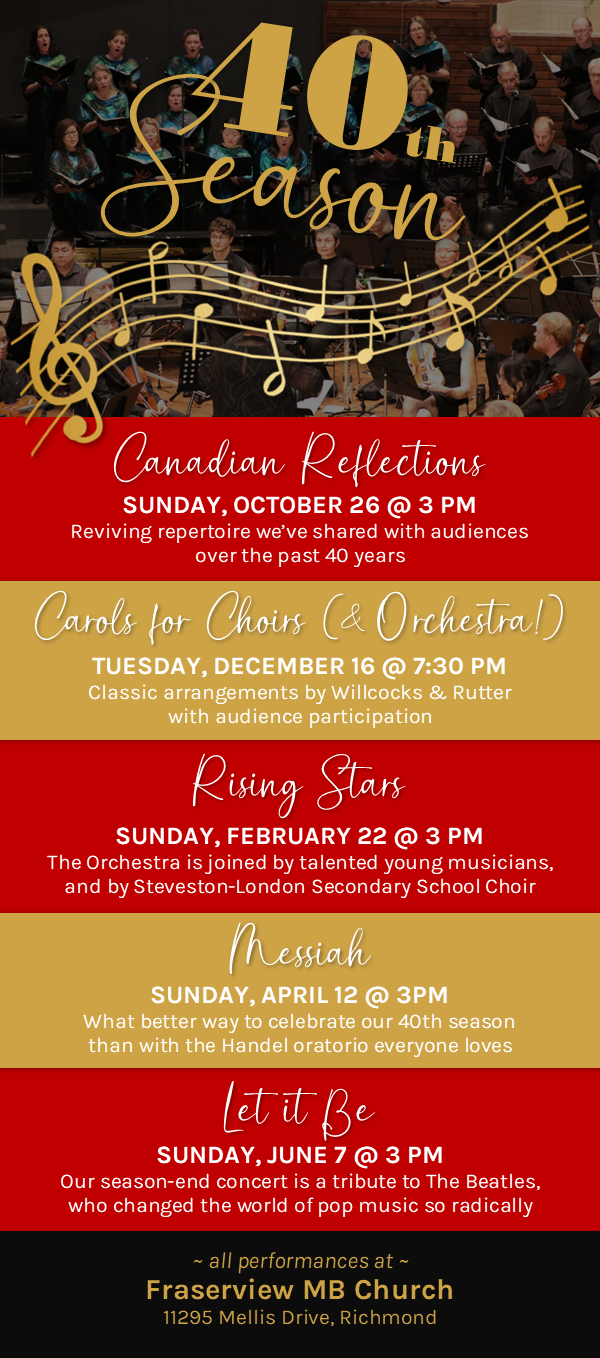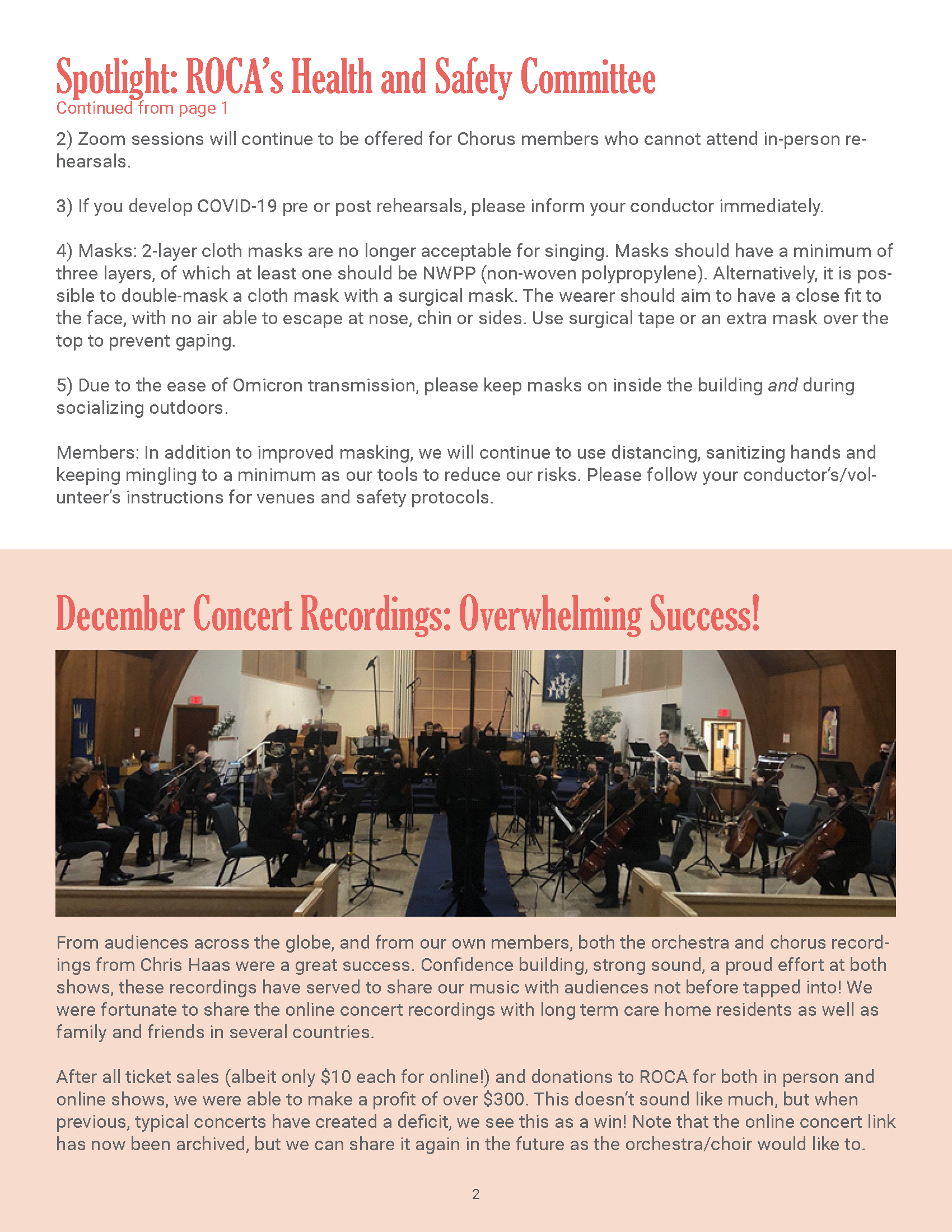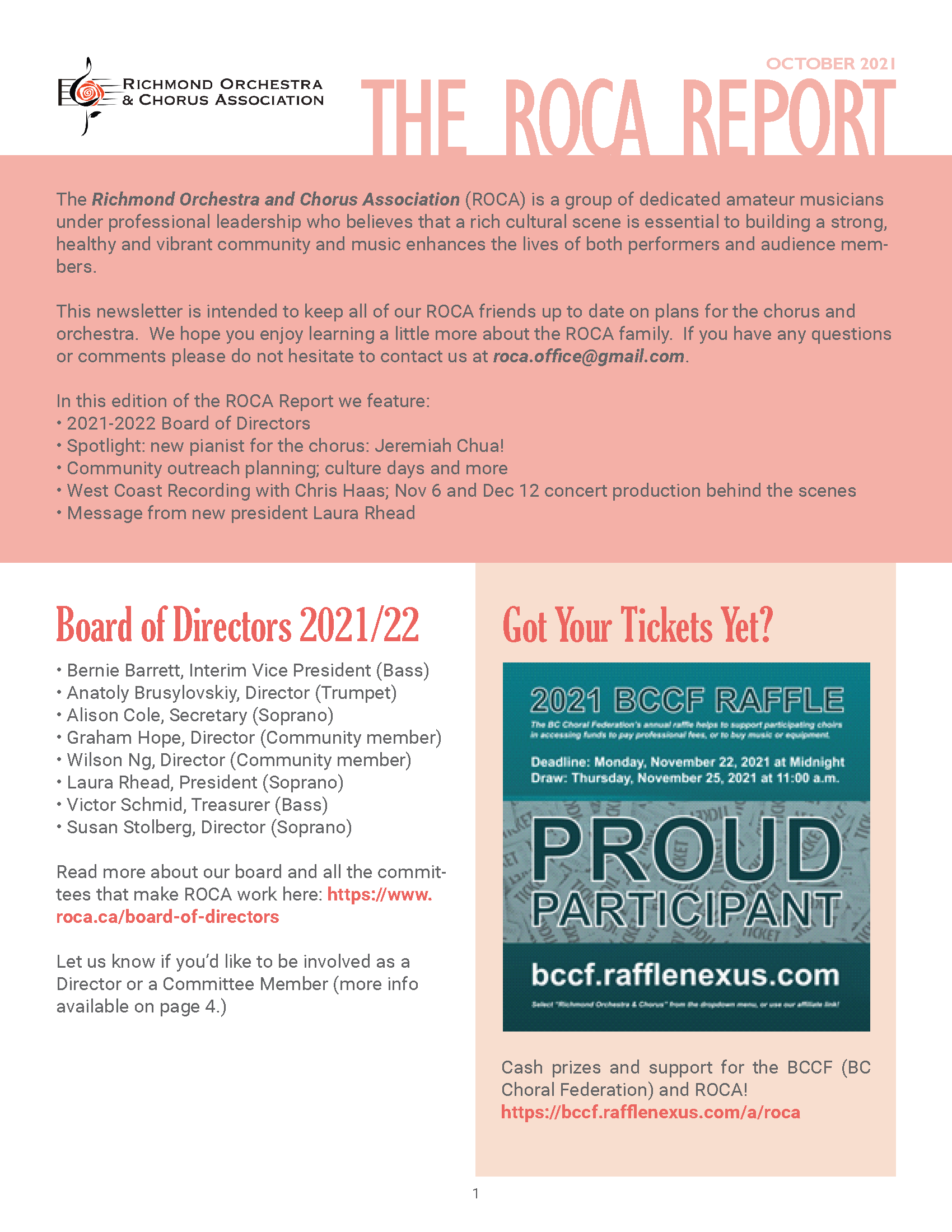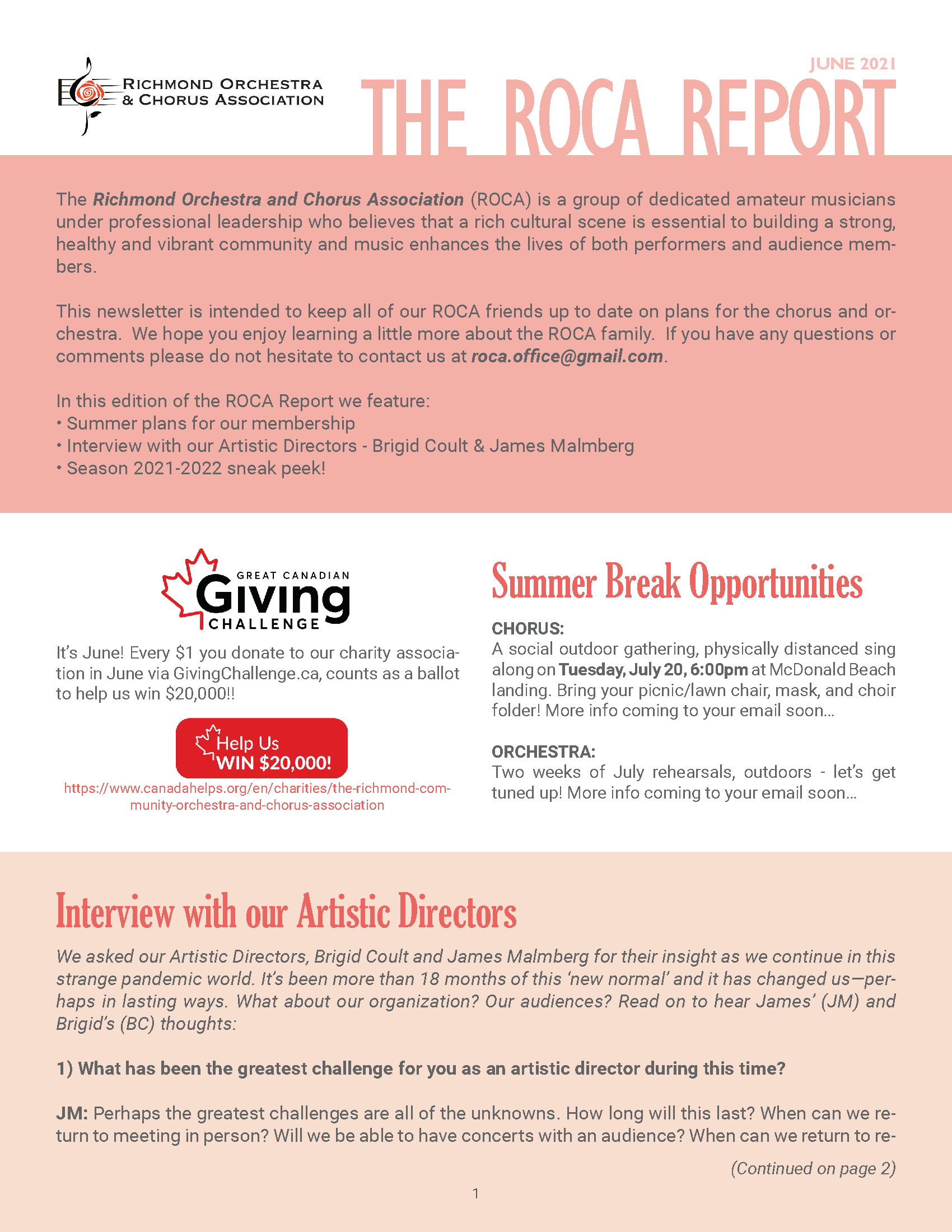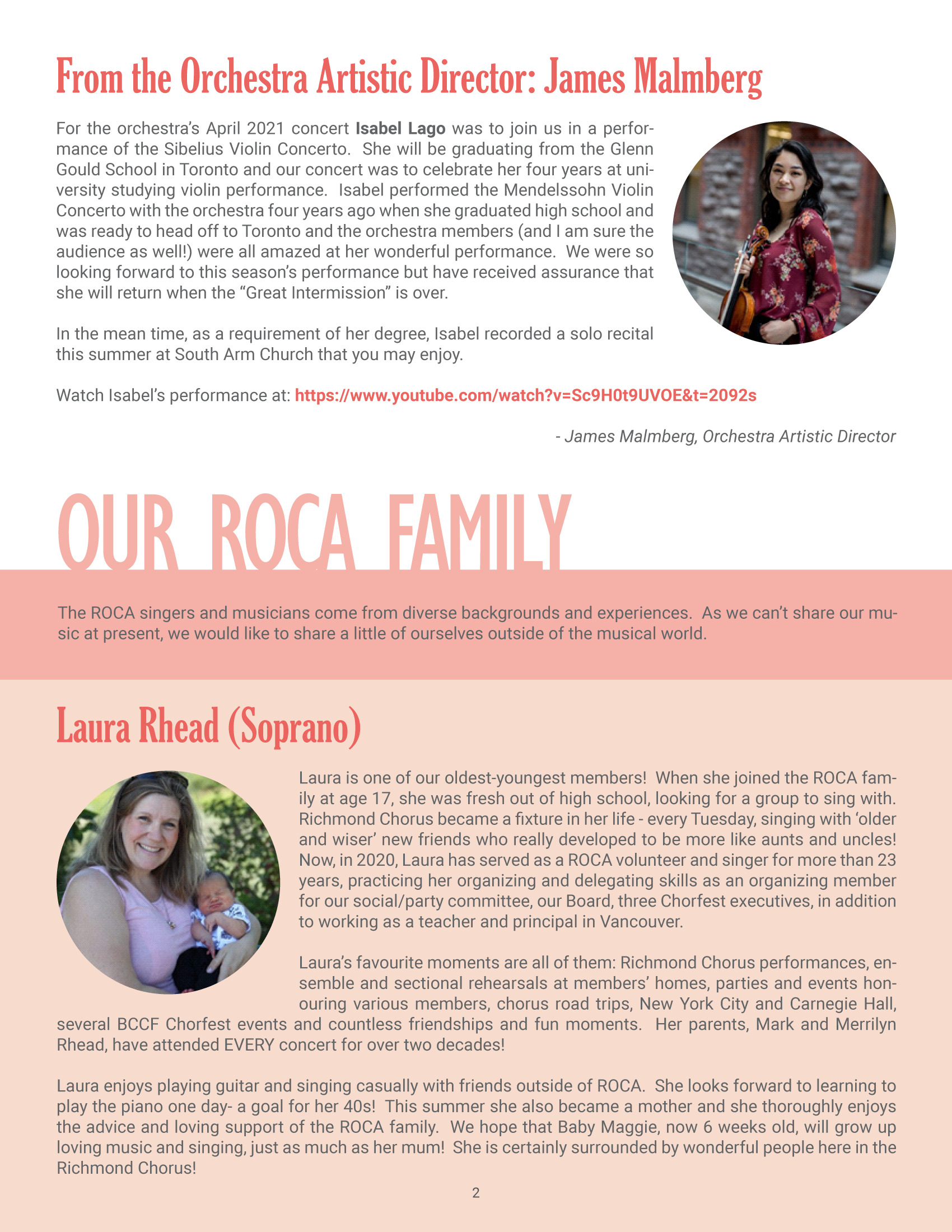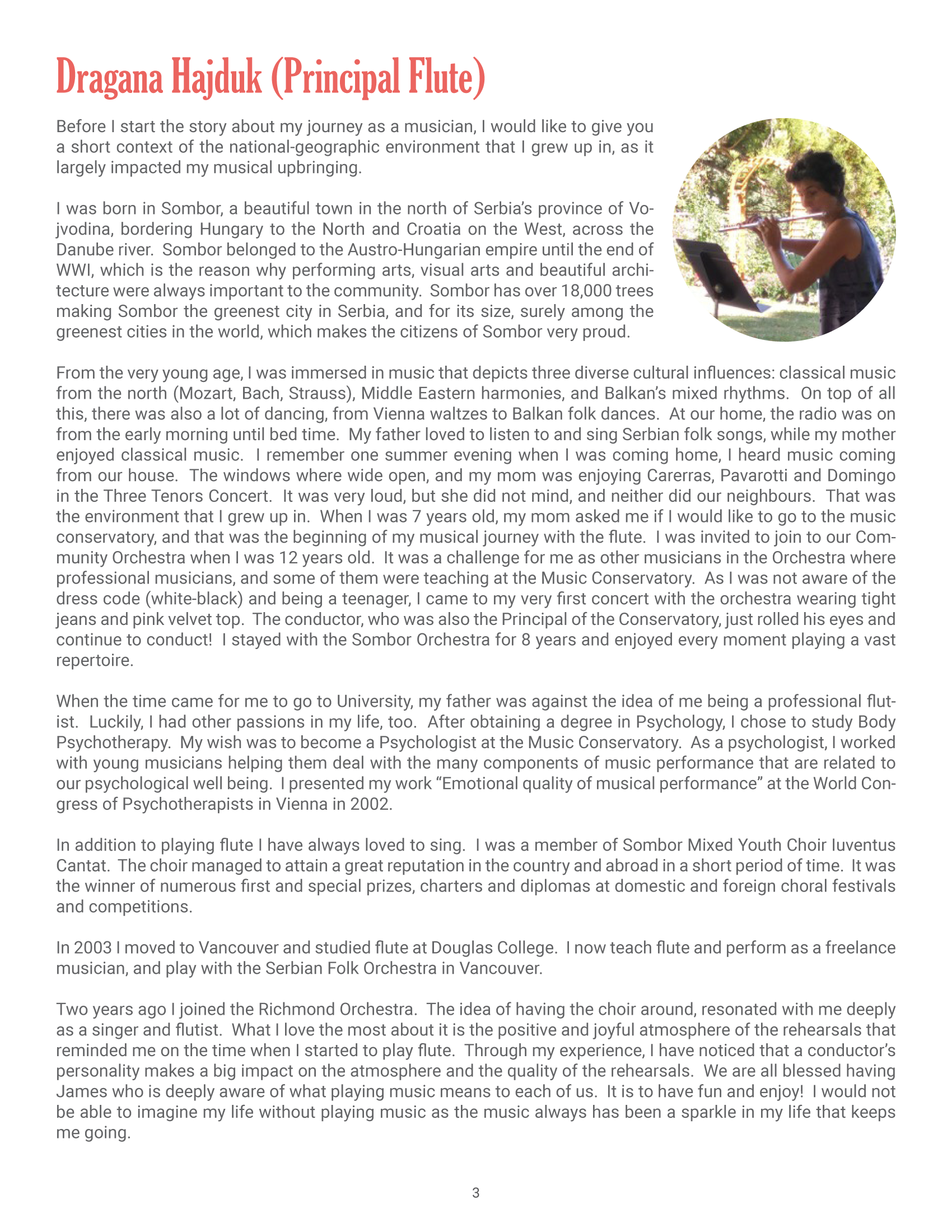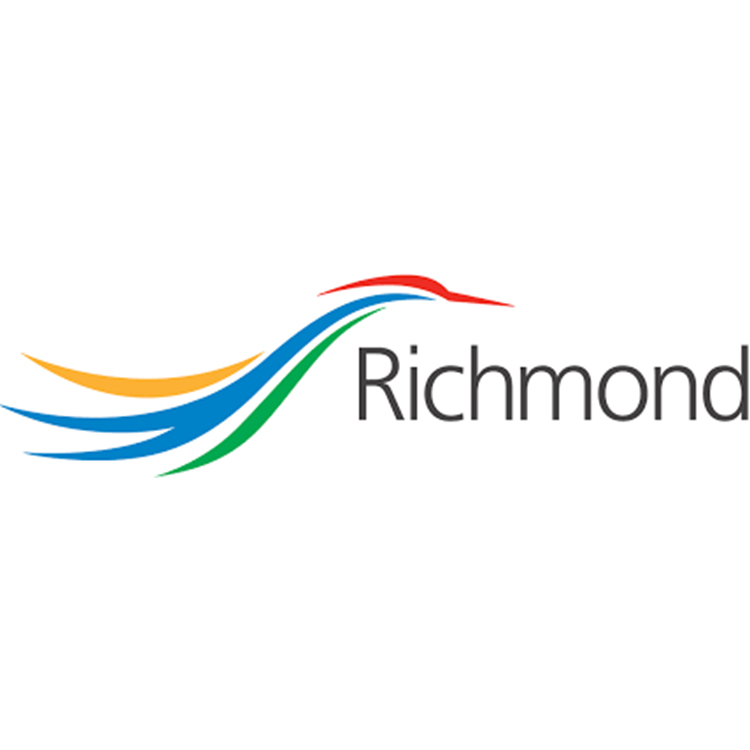It’s hard to believe that we last sang together in March – and since then most of the choirs of the world have been on hiatus, for the good of us all.
Early in the pandemic it was established that singing was a possible conduit for passing the virus around – in fact on the same evening as our last rehearsal, a choir in Skagit County, WA also rehearsed – and within a week, more than half of them were ill, with two dying before the others recovered.
We now know that, careful as we need to be about sanitizing, we also need to be very careful around each other because, as we breathe out, our exhaled breath carries droplets and aerosols. We see this clearly on a cold day, but the fact that we don’t see it on a warm day doesn’t mean it’s not there!
Droplets are small, but large enough that they don’t go far – gravity takes over and they fall to the ground. Aerosols are tiny droplets, smaller than grains of pollen – and we’re all well aware of how that hangs suspended in the air!
So, we are encouraged to stay in our bubbles, and not be around people we don’t know without the protection of a mask.
But wait – a mask? How can you sing with a mask on?
Well, not as competently as you can without one – a singer’s face needs to be able to flex and have a loose jaw; you need to be able to breathe in without getting a mouthful of mask in your face. There is experimentation going on with a performer’s mask, boned so that there is space in front of the mouth, and fitted more closely. Everyone’s facial physiognomy is different, and ideally, everyone’s mask should be carefully fitted.
We know that some people are more at risk than others, and we have to respect their need to protect themselves. Others are confident in social connections and are ready to sing together.
I have spent the summer working on BC Choral Federation projects around all this, and taking what I hope are the most important issues for Richmond Chorus.
We are a COMMUNITY chorus – we need to bear our community in mind, and consider its needs. We have to find a way of being community even if we can’t all meet in person.
We are a community CHORUS – we need to sing. That may not be as we’ve done it in past years, but singing in unison can teach us as much as singing in parts.
We have no concerts scheduled for this season yet, and concerts are usually what we’re focused on. This season we’re going to focus on the journey and not the destination. We need to learn new things and not just new music; we need to improve our skills so that we come out of this as better musicians.
We will be working together primarily on the Zoom conferencing platform. That means that we can’t sing “together” because latency causes us to be out of synch. We will need to sing against a model or a recording, knowing that our fellow-singers are doing the same.
If it is possible, we will do some live rehearsals. These will be limited by health restrictions (wear masks, keep separation, don’t sing too long), and will be livestreamed to the singers who need to sing at home, so that nobody is forced to miss a rehearsal.
Many people have suggested we do a Virtual Choir. The problem there is that there’s very little choral about a virtual choir other than the final product; recording is done individually, and most of the work lies in the preparation and in the sound/video production. We will need to decide if it’s a good use of our financial resources.
The most important thing, though, is that we find ways to be together, in person or online. Rehearsals will be shorter – but those of us who have been meeting online through the summer have been enjoying getting to know each other in a way that isn’t always possible under regular circumstances.
So this may be an opportunity for singers to “try out” without worrying too much about auditioning; our Zoom sessions will have us singing at home, blending our voices with the leader, or with a pre-recorded track, but without the fear of “what will they think?” - because nobody else can hear you! It will be an opportunity to work on music-reading skills, and singing technique; on listening to recordings and sharing in discussions; in joining in singalongs and indulging in old favourites and new challenges.
It won’t be quite the same as it used to be – but it sure beats not singing at all!
Would-be singers can contact me at BrigidatROCA[at]gmail.com
- Brigid Coult, Chorus Director
